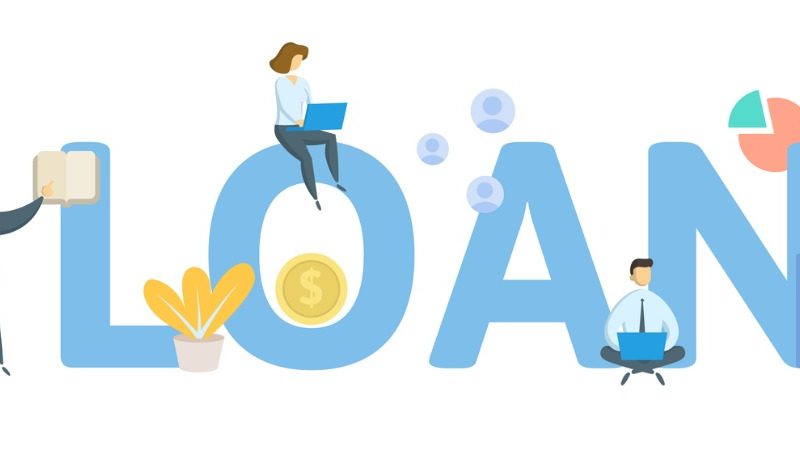Invest or save? Three things every Kiwi should consider before plotting a path to financial freedom
You, your wallet, and your spare change walk into a bank. What, were you expecting a punchline? Well, these isn’t one! Your financial future is no joke. That said, the wealth of savings options available to Kiwis these days will have you laughing all the way to the bank. Or credit union. Or investment company.
Or or or… do you see the problem yet?
Saving money is always a smart idea. But we reckon being spoiled for choice still presents its own set of challenges. You can cross the piggy bank off the list. It’s so pre-teen. Under the bed is also a little doomsday-prepper for our tastes. As for the rest, which option are you going to choose?
Answering that question doesn’t have to be difficult. In fact, we reckon if you keep these three things in mind it’s easy as.
1. It’s a matter of risk
Not all savings options are created equal. Some put your money at more risk than others. Think of these like the houses from the children’s fairytale ‘The Three Little Pigs’. Some protect your money with straw and sticks. Others are as sturdy as that house of bricks that stood strong no matter how much the Big Bad Wolf tried to blow it down. Phew! Whether you’re carefree or crave adrenaline, there’s a saving option out there to match. Your choice ultimately comes down to a game of risk versus …
2. It’s a matter of reward
Just like the clickbait headlines say, here’s something that may shock you! Saving money isn’t only about, well, saving money. Gotcha! We reckon you work hard for your money, which is why saving is about flipping the script and getting your money to work for you. That’s right, it’s time to multiply! Your savings, that is.
Imagine this scenario. You want to take the family on holiday next year. You have the cost of the flights covered, but what about spending money? You don’t want to take out a loan. In fact, you just got finished paying off your outstanding debts. Doing the smart thing, you set money aside and start saving.
By the time you’re boarding your flight, you’ll have spending cash to spare. And all of that without lifting a finger. How long you let your money work, though, is…
3. It’s a matter of time
It’s never too late to start saving. But how long should, could, or can you be saving for? It all depends on what makes the most sense for your money!
Retirement and other long-term goals require long-term thinking. Consider a scenario where you’re in your early 30s. You want to give your future self a helping hand, so you set money aside in a term deposit for five years. You also invest in some shares.
With time on your side, you can wait for the term deposit to reach maturity. You’re also able to ride out the ups and downs of the stock market so you can buy low and sell high without any time pressure.
However what about short-term savings? You get less flexibility, but more immediate rewards. Imagine in this case that you bought shares to help fund a mortgage on a house you plan to buy in a few years. Only, now the day has arrived, they’ve sunk harder than our hopes of winning the World Cup (ouch!). Time isn’t on your side, so you’re forced to sell at a loss.
Keep your timeframes in mind, and you’ll avoid hurdles like this. In this case, you could open a savings account or short-term deposit and maximise your returns while minimising your risk.
So, what are your options?
Low risk, low reward, any time
Savings accounts
Savings accounts make saving oh so easy. You know, the ones with variable rates. These accounts offer a small return for minimal risk. They also incentivise the savings process by reward you for sticking to your goals. Oh, they also won’t judge you too harshly if you dip back in every now and then. We all need to treat ourselves sometimes, right?!
Low risk, guaranteed rewards, with a wait
Term deposits
Term deposits will have you shouting ‘Lock it in, Eddie!’. The interest rate, that is. Unlike savings accounts, they offer a fixed rate over a set term. As these term deposit guides explain, that’s a guarantee you’ll be lucky to find this side of an infomercial. Hands off, though! You won’t have access to your money till the term is up.
High risk, high reward, but is it worth the wait?
Property investing, shares, and stocks
Earning a high return on your savings is a constant game of risk versus reward. Maybe that’s why they call it ‘playing the market’? Whether you have the creative flair for renovating or a knack for buying low and selling high, property, shares, and stocks offer some of the highest returns on your investments. Just make sure you’re aware of the risks.
At the end of the day, that’s what effective saving is all about. It’s not just setting money aside, it’s about doing so in a way that suits you and your financially savvy lifestyle. What that means, exactly, differs from Kiwi to Kiwi. So which one comes out on top for you?
- Post Tags:
- debt
- investing
- retirement
- saving
Credit Simple
Credit Simple gives all Kiwis free access to their credit score, as well as their detailed credit report. See how your credit score compares by age, gender and community and gain valuable insights into what it all means.
All stories by: Credit Simple


